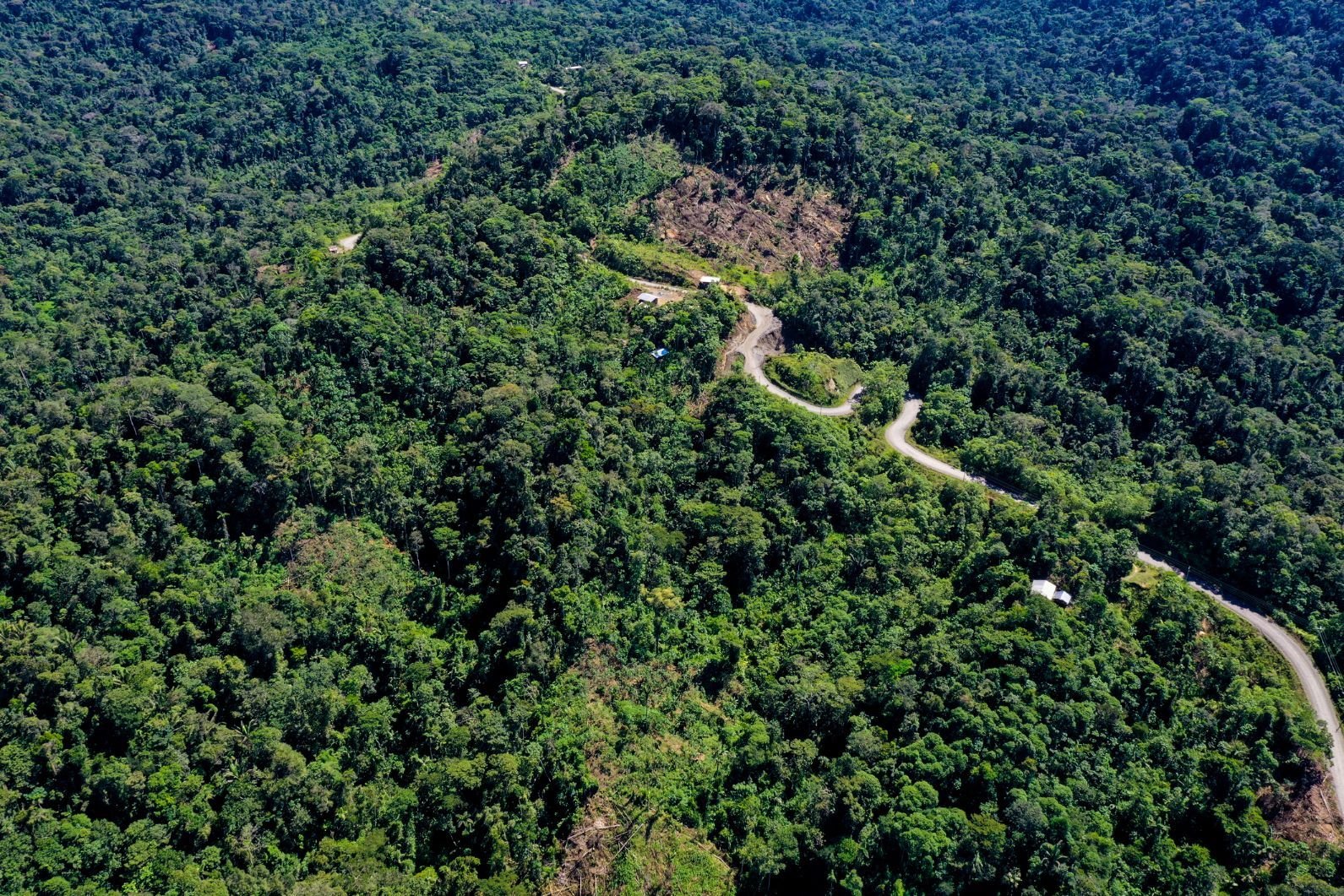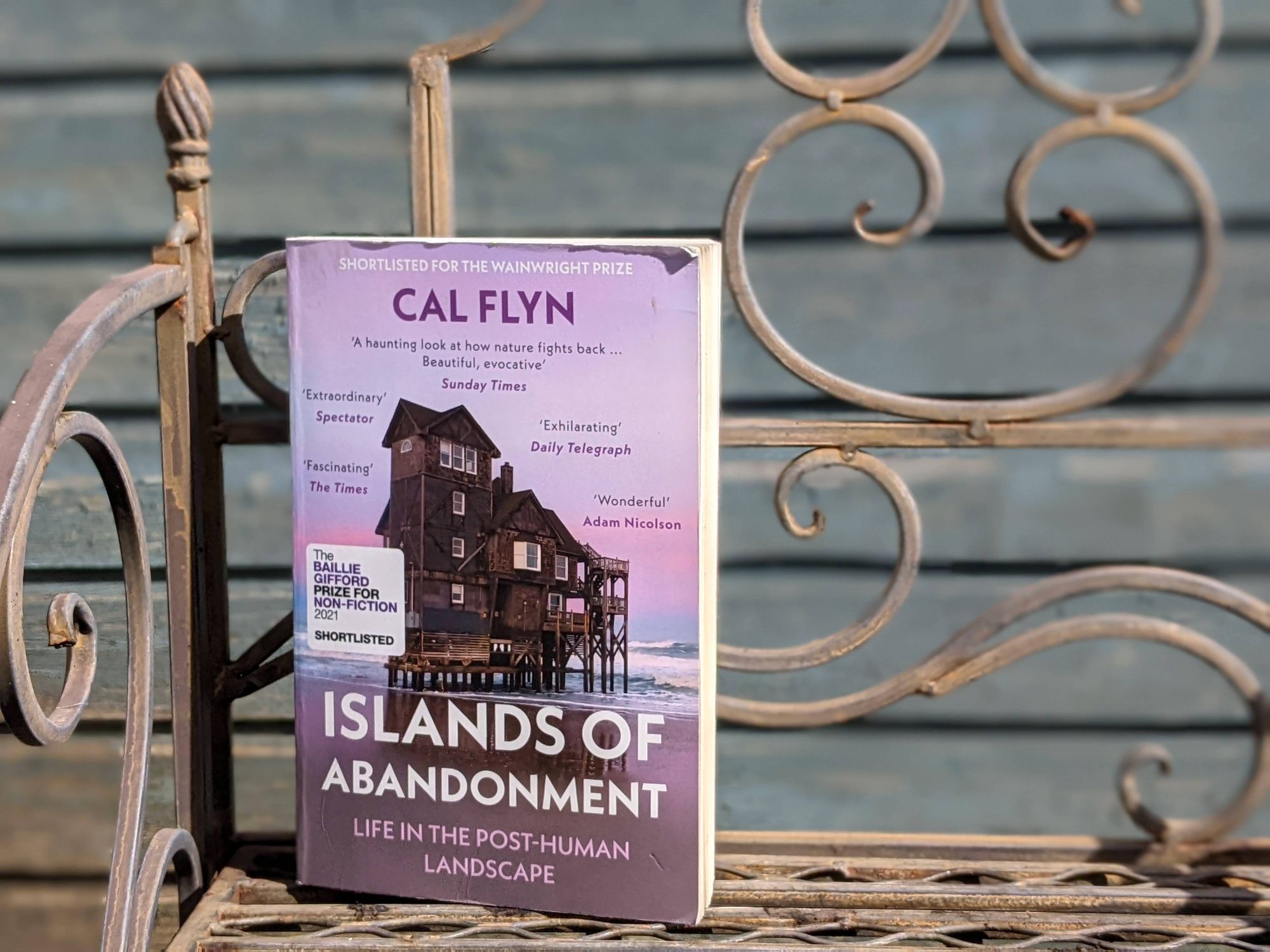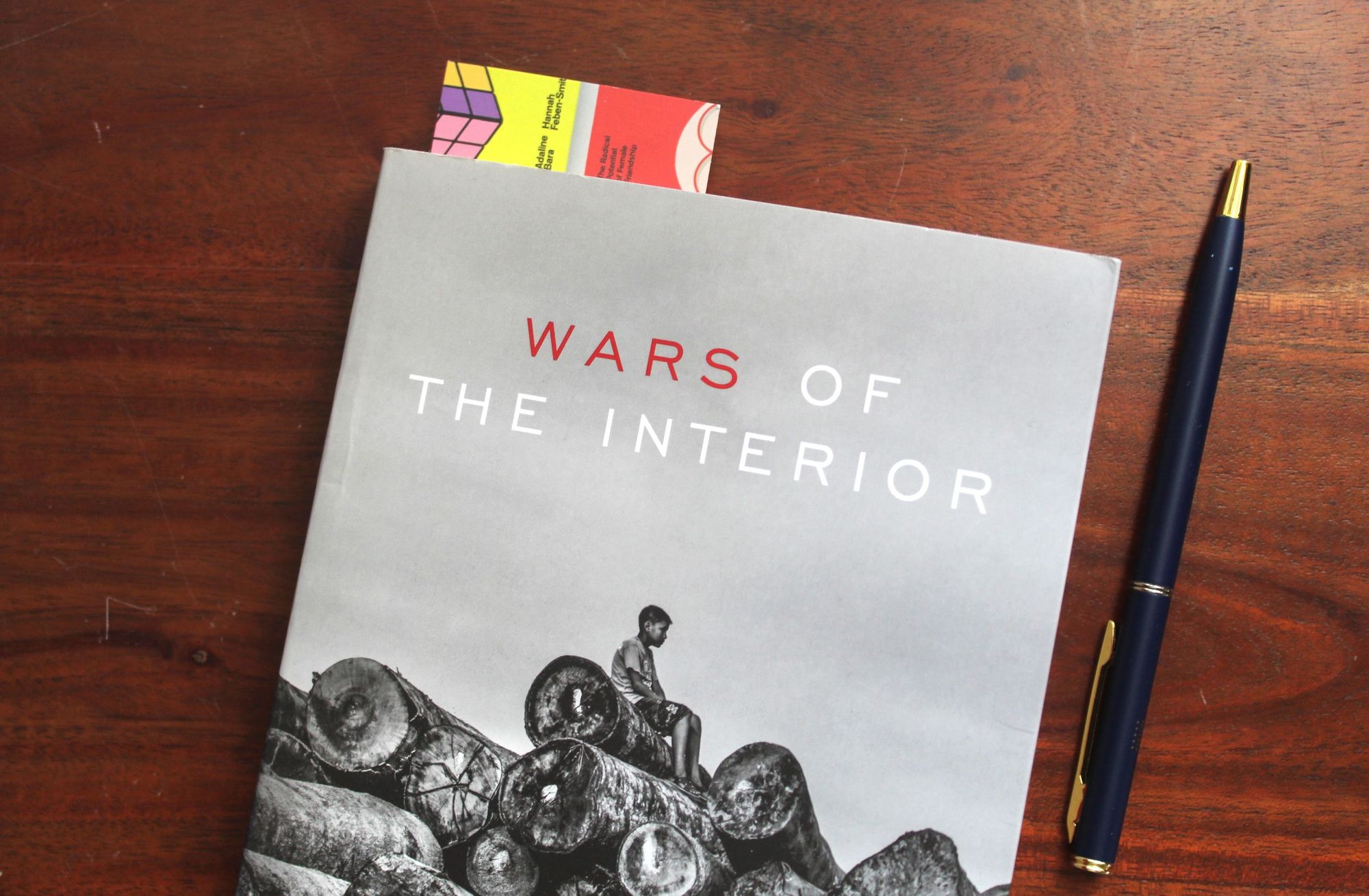Joseph Zárate’s Wars of the Interior, translated by Annie McDermott, explores the human cost of resource extraction in the Amazon and Andes of Peru.
Broken into three segments - Wood, Gold and Oil - the book comprises of three separate, yet connected stories, which show how the pursuit of these resources has led to the exploitation of indigenous people and the destruction of nature.
There’s no money to investigate. There’s only money to destroy.
“The bosses ‘hook’ the locals by giving them things - clothes, shotguns, medicines, motors for their boats, radios, food supplies - in exchange for hundreds of tree trunks,” Zárate writes. “Since most of them can’t read or write, the bosses lie to them about the quantities and prices, and they end up in debt, forced to chop more wood to pay for the products.”
Simply teaching indigenous people to read, write and participate in the democratic system becomes an act of peril. We’re led to the dead bodies of those who have tried to help them organise against illegal logging. Indigenous people are forced to chop wood in “conditions close to slavery”, and are denied justice by complicated bureaucratic systems. As one leader tells the New York Times, “there’s no money to investigate. There’s only money to destroy.”
Zárate notes that Peru loses $250m in taxes avoided by illegal loggers each year.

We later meet the indigenous farmer Máxima Acuña, who’s life is torn apart after she chooses to fight for her land, rather than give it up to the world’s largest gold producer. “We live like hostages here,” she says, as Zárate describes the beatings they take, and how their local water source is polluted. This is all so that the land can be exploited for gold which brings money to many - but not locals. “Official statistics show that Cajamarca is the region of the country which produces the most gold, but also the one with the most people living in poverty,” writes Zárate.
Finally, we’re led to an indigenous community where an oil spill contaminates a local river, leading to a complex situation where the indigenous community are paid to clean it up - but at great cost to their health. “One month spent cleaning oil from the river pays seven times what you could earn farming the land,” reads the book. Even children are involved, and the book goes on to state that they "could suffer damage to their nervous system and learning ability, and develop high blood pressure, kidney failure and even cancer when they reach adulthood.”
At the core of the book are two different global ideologies.
Wars of the Interior presents two different global ideologies. The first would live in harmony with the natural world. The other sees nature, and other people, as deposable assets, there to be used for profit. When the former tries to prevent the latter destroying their land and lives, conflict ensues. “Four environmentalists are murdered in the world every week,” writes Zárate.

The author demonstrates how the infrastructure of our society, from mapping to policing to courtroom procedures, is used to cover up and support resource exploitation, which delivers the resources required to run the modern world.
At under 200 pages, this book is short, but the storytelling is concise, forensic and powerful. Ultimately, we're asked how far we’re willing to go, and what level of violence, trauma and exploitation we’re prepared to overlook, in order to maintain an everyday status quo presented to us as progress - but which is fuelled by far-off trauma, with consequences more severe than we know.
This article contains affiliate links. Which basically means we make a little commission if you click through and buy something. It doesn’t cost you anything, and it just means we can do more good things in good places.


